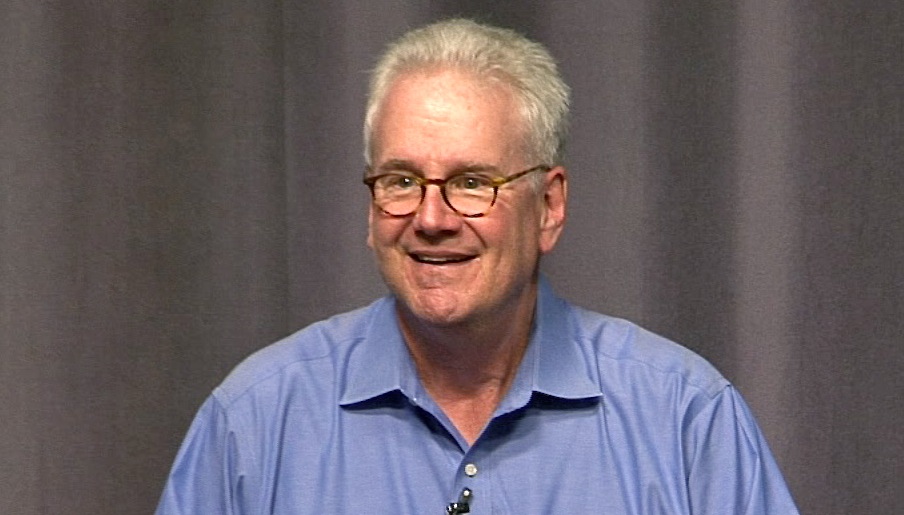
Author and venture partner Geoffrey Moore believes it’s a major privilege to work for a high-tech company. While an engineer coming off back to back (to back) all-nighters might disagree, a role in a high-tech firm can provide a number of unique opportunities. According to Moore, this is especially true for individuals who have the chance to tackle roles in product marketing and product management.
In the following video, Moore explains why product roles are special in the technology industry, because the work is often done by young people in their first 10 years of employment. As a product manager, “you actually have your hand on the tiller that will change the fate of your company,” says Moore. He also discusses some tools that product managers can use to build innovation and power for their company. Check out the video.
Moore encourages product teams and leaders to remain innovative even within large organizations. This is an important idea as innovation and entrepreneurship are not just for individuals who start companies. In fact, it often takes a different kind of courage to be entrepreneurial inside a much larger team or organization. To create power and innovation, Moore suggests three valuable tools: creating differentiation, neutralizing competition and optimizing productivity. And heed Moore’s warning that a single team should only be focusing on one of these areas at a time.
Create Real Differentiation
One place to spend your team’s limited resources is on the research and development of new ideas. This is where product teams help create power for the company by building innovations that will hopefully elicit a major “wow” from customers. But the “wow factor” will not come from small tweaks to established products, instead, teams must aim to create the fundamental product differentiation that will allow a company to gain separation from competitors within a category.
Neutralize the Competition
Have you done a gut check on how your current offer stacks up in the marketplace? It’s hard for companies to admit their products are falling behind the competition, but that is often due to stubbornness and pride. If competitors’ products have a standard feature that your product is missing, how can you expect your product to win if it’s not even in the conversation? Engineering teams may not see the glamour in work focused on catching up to the competition, but these tasks are vital if a company wants to stay relevant in a market space.
Optimize Productivity (or Stop Doing Stupid Stuff)
While “optimization” may seem like a trite buzzword, it’s also a key ingredient to freeing up resources within the constraints of a tight budget. These “found” resources can then be re-distributed to product teams focused on creating differentiation or neutralizing the competition. Moore encourages product managers to get serious about optimizing productivity because, “you have resources reporting to you doing stupid stuff.”
This may be a brash observation, but product managers must always be on the look out for the process and resource inefficiencies that develop over time as teams change in size and focus. This can also be an opportunity to realign your resources and ensure you have the best possible team in place.







